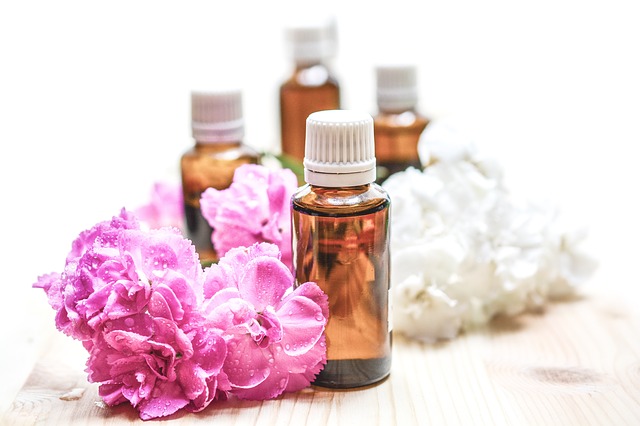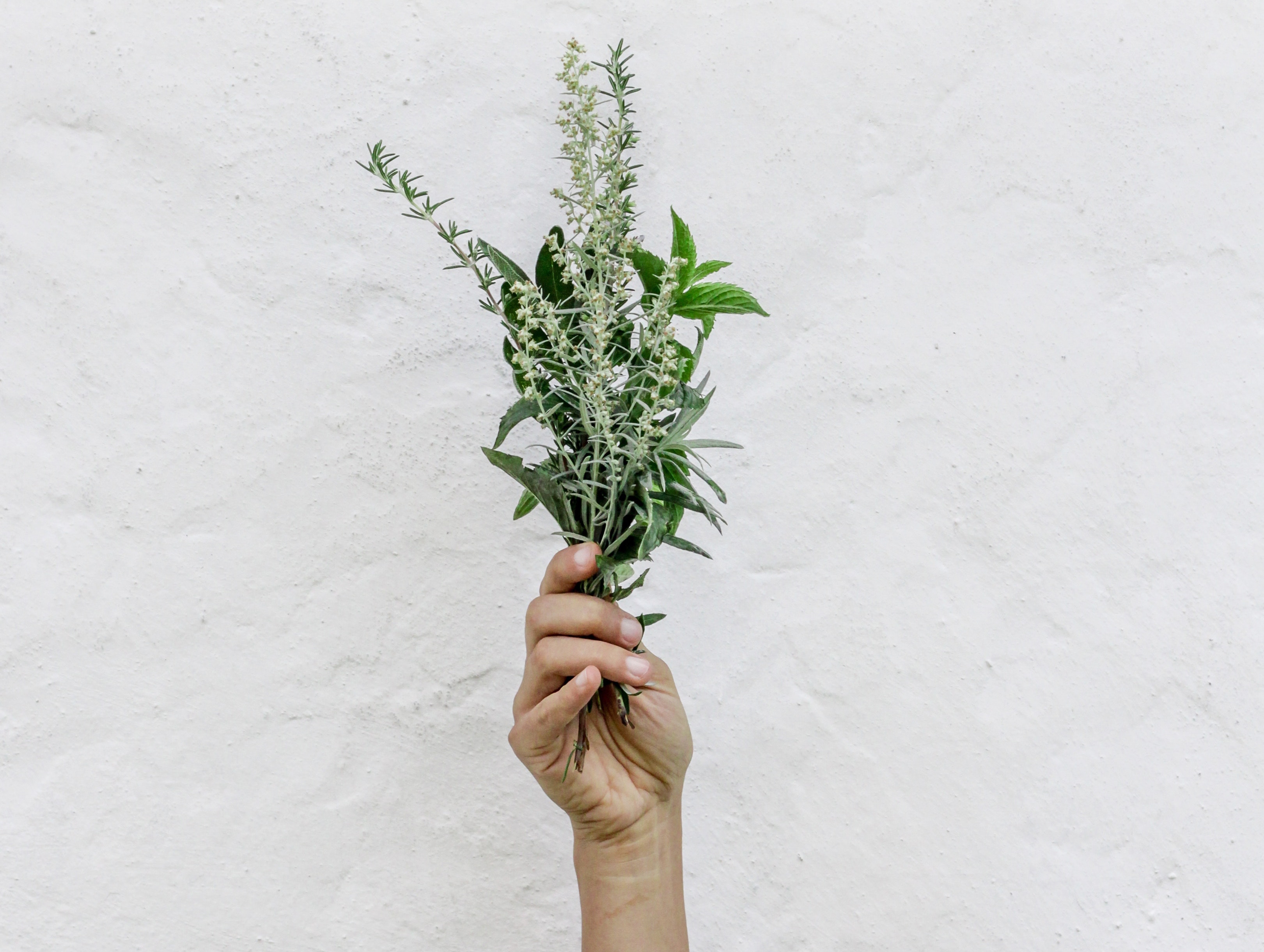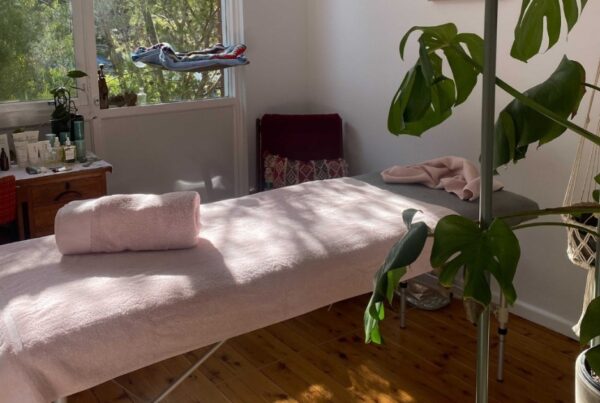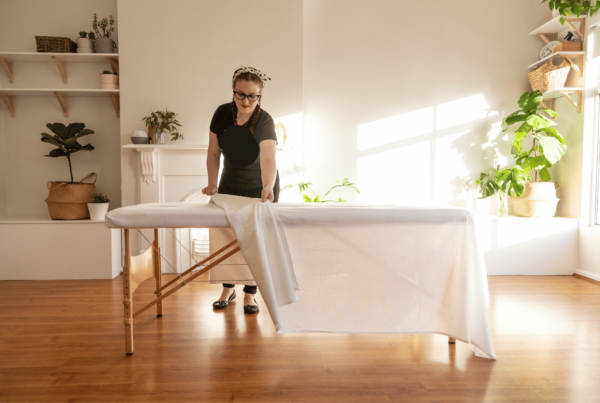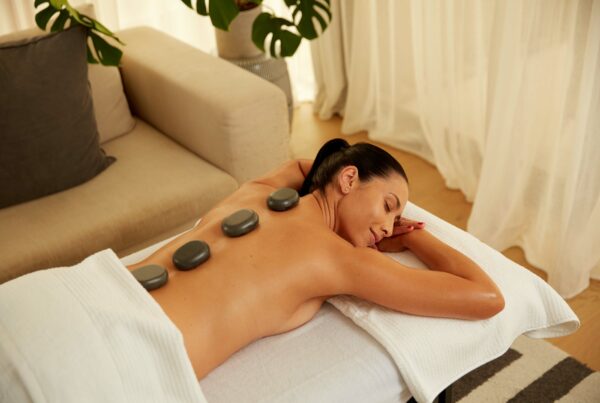What is aromatherapy?
Aromatherapy has been used for over 5,000 years by many different cultures for relaxation, beauty care, home cleaning and most often used as natural medicine. Hippocrates, the father of medicine, is said to have recommended a daily aromatic bath and scented massage for good health.
Aromatherapy is the use of essential oils to promote healing and a feeling of well-being and relaxation. Essential oils are extracted directly from the bark, flower, fruit, leaf, seed, or root of a plant or tree and contain all the properties of the plants themselves. They are typically created through the process of distillation, which separates the oil and water-based compounds of a plant by steaming.
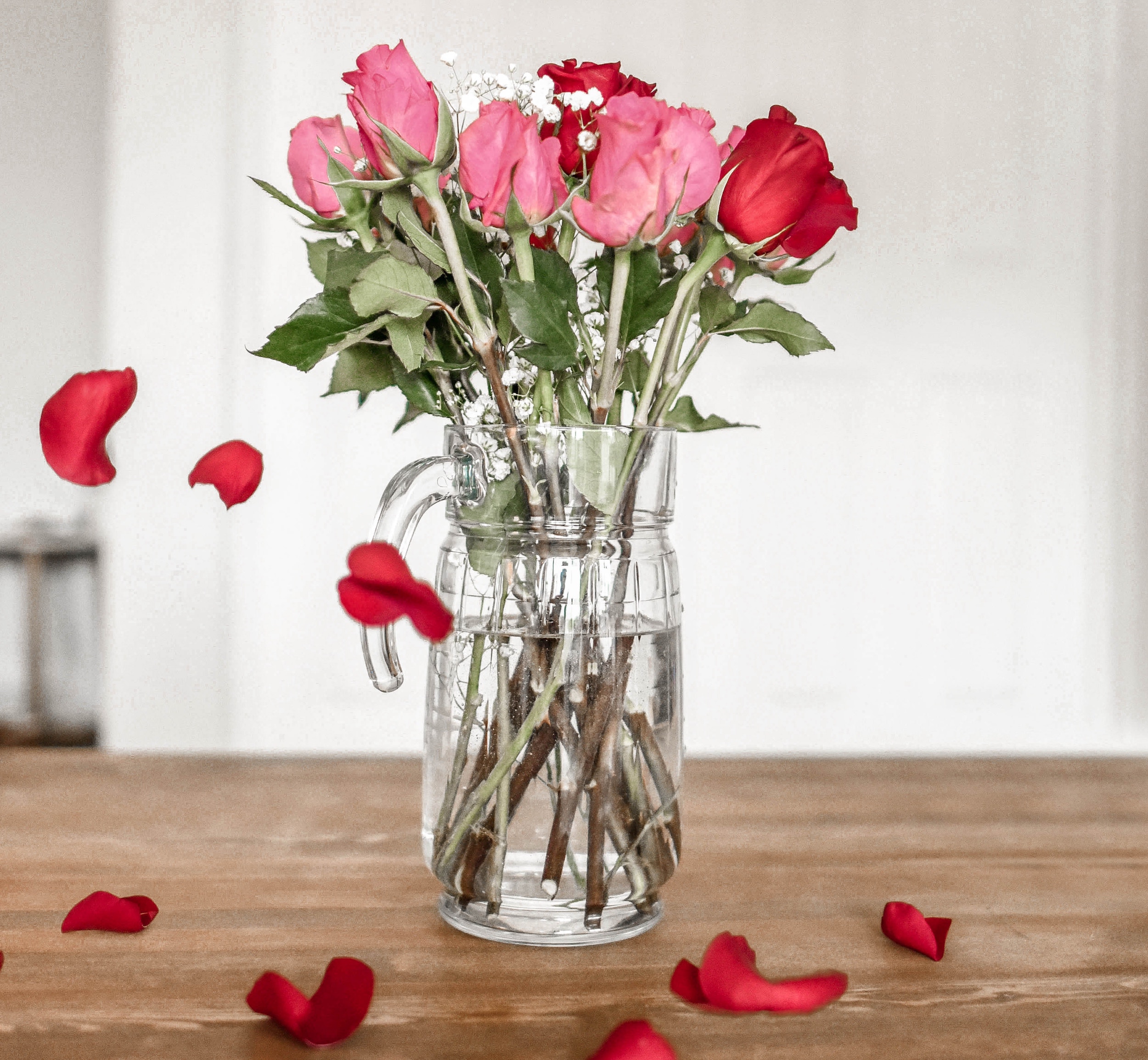 Fun Fact: In order to get one single 15ml bottle of rose essential oil, it takes 30 kilos of rose petals!
Fun Fact: In order to get one single 15ml bottle of rose essential oil, it takes 30 kilos of rose petals!
How does it work?
Aromatherapy works on the basis that the smell of the essential oil triggers our limbic system: the part of the brain linked with emotions and long-term memory.
Anytime we smell something, we’re stimulating the deepest parts of our brains, and our emotions aren’t far behind. Current research shows that much of how we feel about a scent is programmed into us by our history, meaning that aromatherapy can become a very personal thing.
Essential oils can get into the body in 3 ways:
Topically
Essential oils have very small molecules and are able to penetrate the skin and pass into the bloodstream and into different areas of the body for internal therapeutic benefits.
Aromatically
Essential oils are absorbed into the bloodstream when inhaled. The blood vessels in the lungs absorb the oils and then circulate them throughout the body.
Ingestion
There is a lot of debate as to whether or not essential oils are safe for internal use. The practice of consuming essential oils can be dangerous and was designed to be done under the care of an aromatherapist trained in that form of therapy. Oil and water don’t mix, so when consuming essential oils in a glass of water the oils are not emulsified. This means that the essential oils reach your mouth, throat, esophagus, and stomach undiluted. This can lead to some dangerous side effects. We do not recommend that you ingest essential oils.
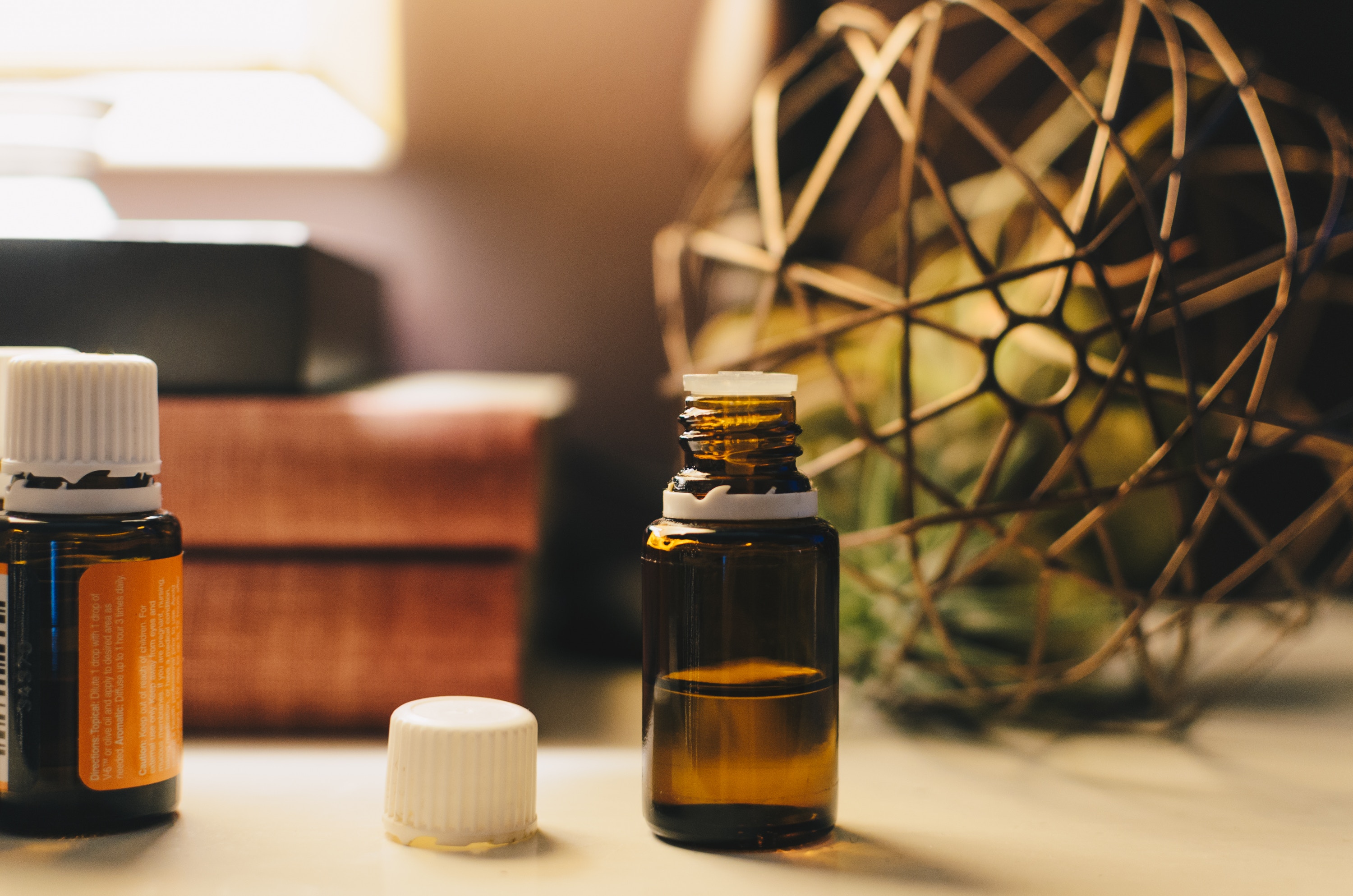
What are the benefits of aromatherapy?
Aromatherapy can have a multitude of different benefits. The most common reason people use them is to ease stress and anxiety. They can also help to alter your mood. Other reasons people use essential oils are:
- Help you to sleep better
- Aid in concentration.
- Fight cold and flu symptoms
- Relax your body and soothe sore muscles
- Heal skin conditions
- Alleviate pain
- Balance hormones
- Detoxify your body
- Ramp up your immune system
- Improve digestion
- Reduce cellulite and wrinkles
- Clean your home
How to use them
The most common way to use essential oils during a massage is to add a few drops to your massage oil. This will disperse the oil over the body for absorption. Some of the most common carrier oils used in aromatherapy are coconut oil, jojoba oil, grapeseed oil, avocado oil, and sunflower oil.
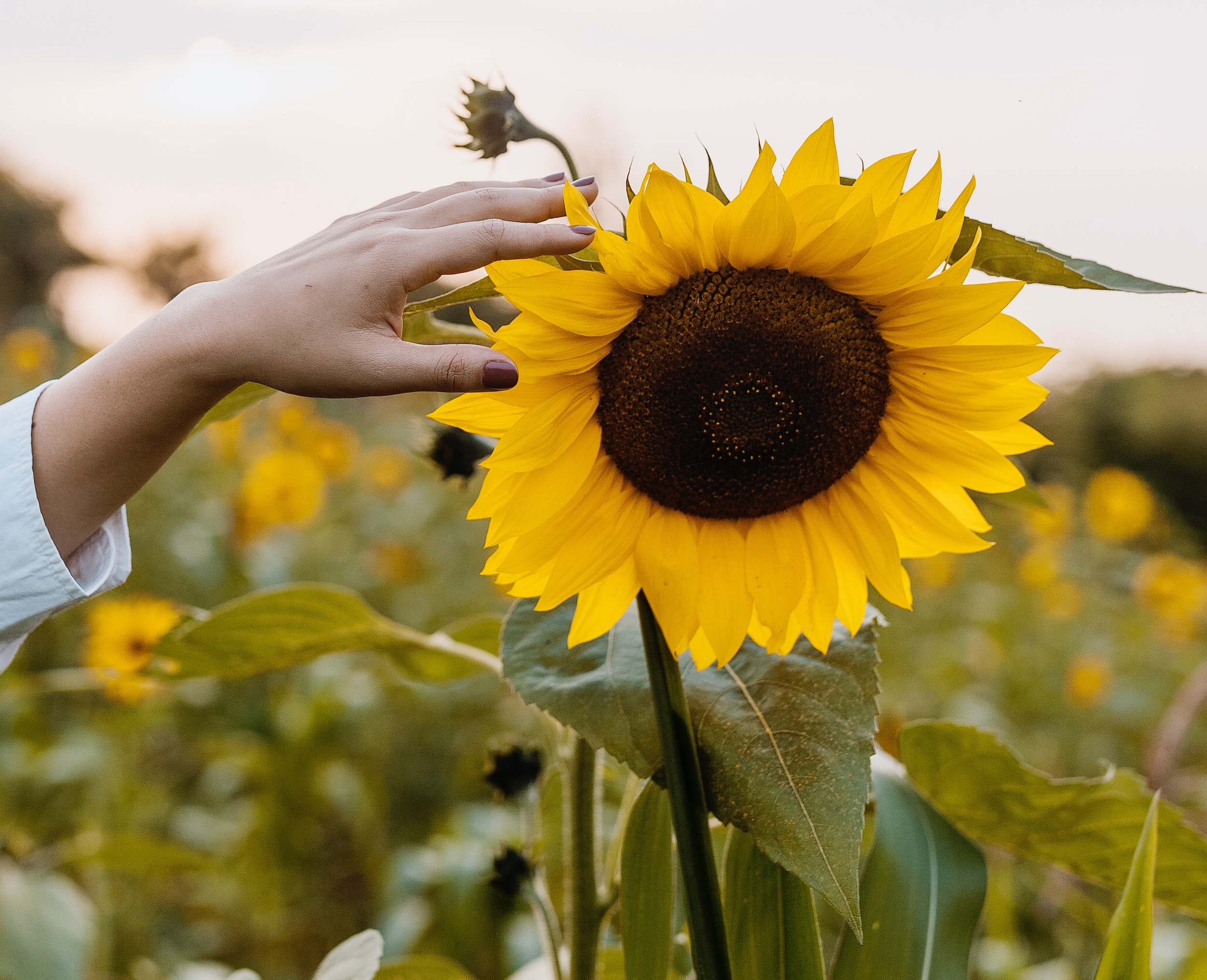
Here are a few other ways to use aromatherapy during your massage:
- Place essential oils in a diffuser.
- Add a few drops of essential oil to a carrier lotion and apply to your client’s skin.
- In a small spray bottle, blend a few essential oils and dilute it with water. Then, you can spray a mist above your client before and after your massage.
- Put a few drops onto a cotton ball or a small towel and place it near your client so they can smell it during the massage.
How to choose the right oil for you
Individual responses to scents are highly personal, but a scent can affect your mood, metabolism, and stress levels. To narrow down your preferred blend, consider which scent resonates with you. You can choose something that is relaxing, balancing, or invigorating, based on how you want to feel. Each oil will have specific benefits, and each person is different. So, an oil that works really well to calm you down may help someone else perk up.
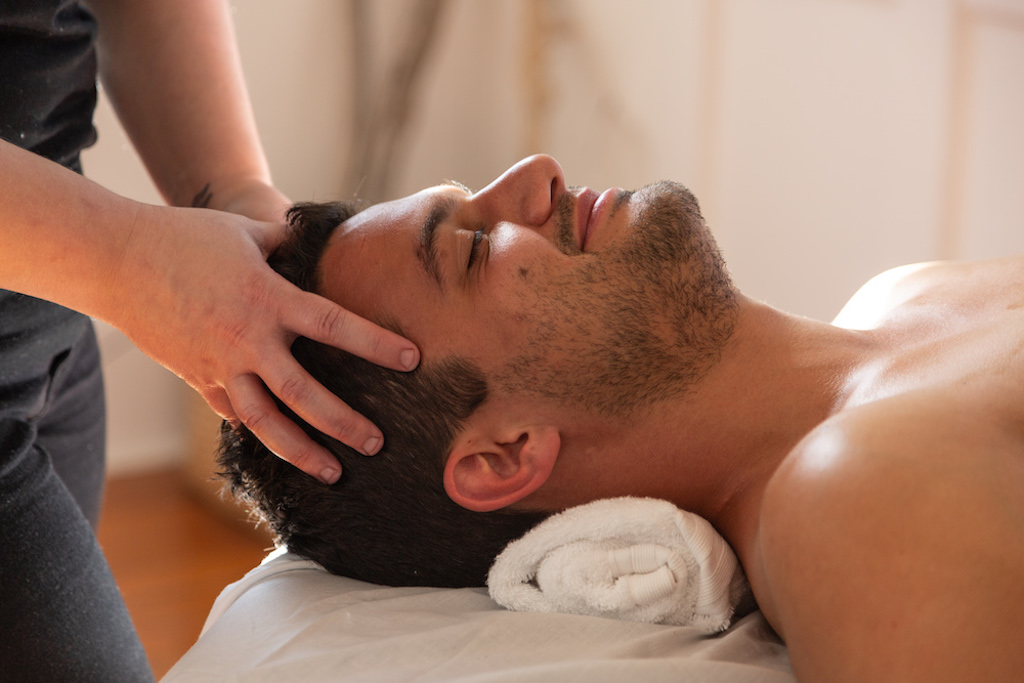
When using essential oils in a massage it’s best to consider what’s going on with the client’s body and what their desired outcome is for the massage.
Oils and effects
Bergamot: Relieves feelings of depression, improves mood, and aids in fighting addictions, including food. Bergamot is photosensitizing, meaning your clients should be instructed not go out in the sun or tan after use. – top to middle note
Clove: Antibacterial, anti-parasitic and antioxidant protection. – base note
Cypress: Improves circulation, reduces varicose veins, lifts confidence and can help heal broken bones. – middle note
Eucalyptus: Opens up air ways, improves respiratory issues like bronchitis, sinusitis and allergies, eases chest and sinus congestion. Also invigorating and purifies the body. – top note
Frankincense: Builds immunity, reduces inflammation, heals age spots, supports brain and may help fight cancer, anti-inflammatory and antidepressant – base note
Geranium: Helpful with menstrual-female issues, including menopause, great tonic for the skin. – middle note
Ginger: Reduces inflammation, supports joints, improves digestion and relieves nausea. – middle to base note
Grapefruit: Supports metabolism, reduces cellulite (when applied topically), invigorating, immune boosting, boosts circulation, helps fight colds, banishes oily skin, and combats feelings of depression or fatigue. Grapefruit is photosensitizing, meaning your clients should be instructed not go out in the sun or tan after use.- top note
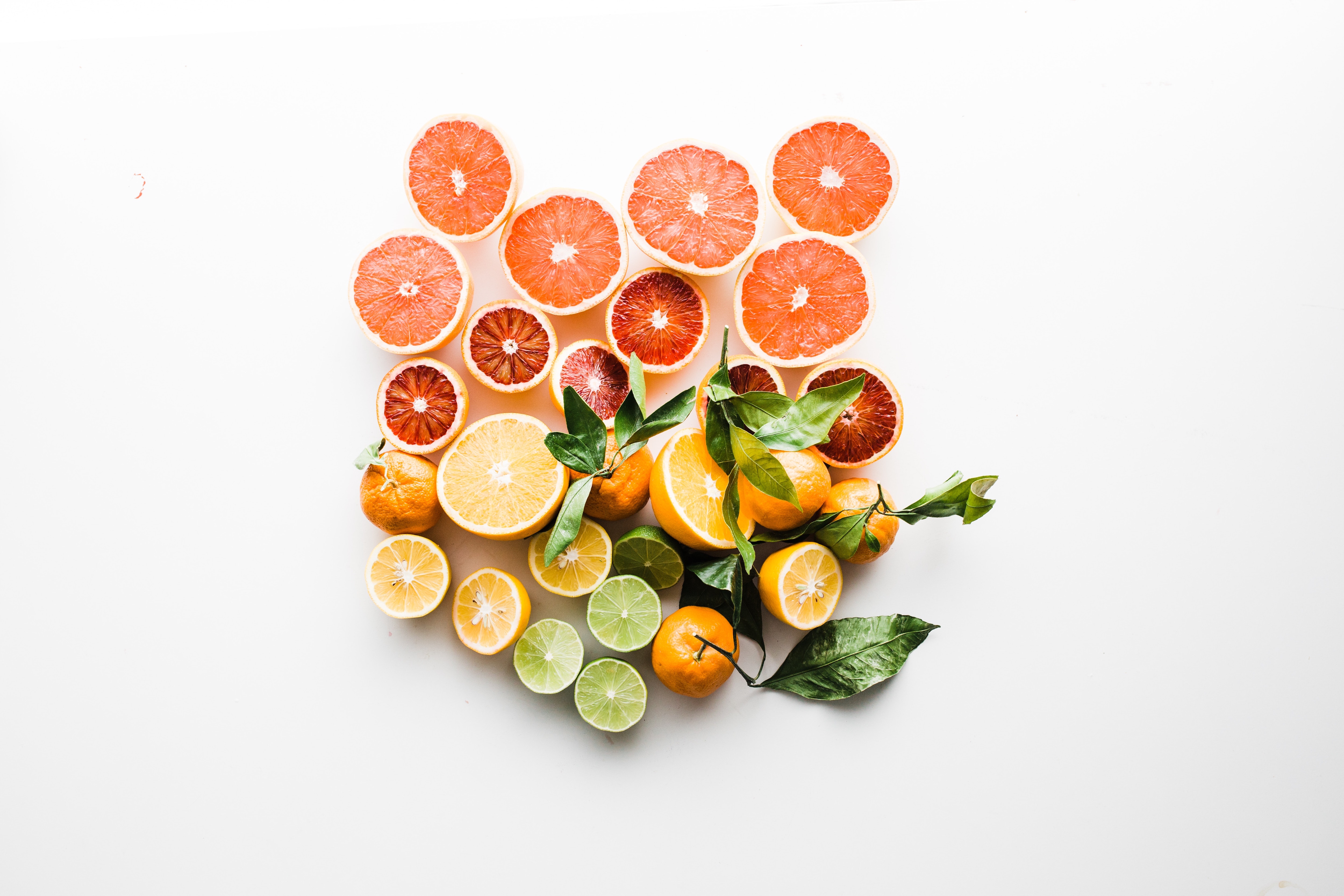
Lavender: Helps with relaxation, improves mood and heals burns and cuts, can improve mood and lessen anxiety. – top to middle
Lemon: Supports metabolism, reduces cellulite (when applied topically), invigorating, immune boosting, boosts circulation, helps fight colds, banishes oily skin, and combats feelings of depression or fatigue. Great to use in homemade cleaning products as a natural antibacterial tool. Lemon is photosensitizing, meaning your clients should be instructed not go out in the sun or tan after use.- top note
Lemon grass: – Emotionally uplifting; anti-septic, anti-viral, and anti-bacterial. – top to middle note
Mandarin reduces scar tissue, anxiety, and insomnia. Mandarin is photosensitizing, meaning your clients should be instructed not go out in the sun or tan after use.– top note
Myrrh: Natural antiseptic and may prevent or reduce infections and reduce inflammation of skin cells. – base note
Oregano: Powerful antimicrobial properties, can kill fungus and help you kick a cold fast. – middle note
Peppermint: Supports digestion, boosts energy, fever reducer, headache and muscle pain relief, helps to provide mental sharpness, a treat for tired feet, cooling for athletes or hot flashes, stimulating for the mind, helpful for breathing and focusing. The scent is intense; a little goes a long way. Use sparingly. – top note
Rose: Reduces skin inflammation and great for creating glowing skin. – base note
Rosemary: Can naturally thicken hair, improves brain function and memory – middle note
Tea tree oil (melaleuca): natural anti-bacterial, anti-fungal, reduces bad odors and can help stimulate the immune system. – top to middle
Sandalwood: Natural aphrodisiac that improves libido, helpful with coughs, anxiety, depression, or stomach/digestive complaints. – base note
For best results
Want more Energy? – lemon, orange, grapefruit, eucalyptus, cinnamon, peppermint, ginger, rosemary, spearmint, black pepper, jasmine
Feeling Stressed? – lavender, rose, clary sage, frankincense, lavender, bergamot, marjoram, ylang-ylang, lemon, geranium, orange, sandalwood, chamomile, vetiver
Need more Concentration? – rosemary, basil, peppermint, helichrysum, cedar, vetiver, grapefruit, pine, juniper
Want better Sleep? – lavender, vetiver, patchouli, sandalwood, ylang-ylang, chamomile, neroli, marjoram, cedar, bergamot, clary sage, frankincense, rose
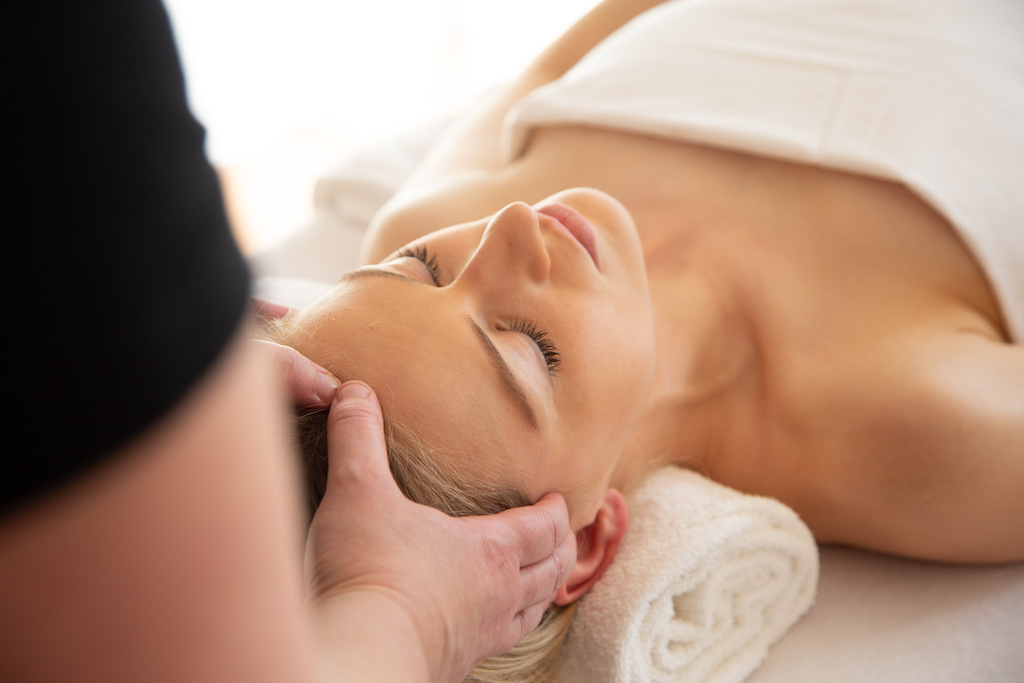
Problems with Acne and Skin Irritations? – tea tree oil, lavender, oregano, bergamot, rosemary, helichrysum, geranium, Roman chamomile
Want to reduces Muscle Inflammation? – peppermint, eucalyptus, wintergreen, chamomile, nutmeg, ginger, cayenne, rosemary, black pepper
Have a Sore Throat? – eucalyptus, peppermint, ginger, lemon, tea tree, sage, rosemary
Want Thicker Hair? – rosemary and sage
Oils for Sports Massage and Deep Tissue Massage
- Sweet marjoram and German chamomile have proven to relax the muscles with their natural antispasmodic properties.
- Juniper and ginger are warming oils that bring fresh oxygen to overworked muscles, and also work as natural analgesics, blocking pain receptors.
- Helichrysum has anti-inflammatory properties, is wonderful for bruised areas
- Myrrh has been shown to affect opioid receptors in brain membranes, which influence the perception of pain, making it a great choice for its analgesic properties. It’s also wonderful for bruised areas and is naturally anti-inflammatory.
- Peppermint has a cooling effect on overheated and inflamed muscles. Has analgesic, anti-inflammatory, and antispasmodic effects due to its stimulating and cooling effect on the central nervous system.
- Rosemary is a topical analgesic that desensitizes.
Blends
Creating aromatherapy blends is a personal and creative activity, so it’s helpful to remember to start off blending essential oils that you love and then branch out to creating blends for others.
For blending, essential oils are sorted into 3 categories:
Top Notes:
This is the first noticeable impression in a blend. It springs swiftly from the aroma, has a sharp tone, and does not last long.
Middle Notes:
An essential oil that is a middle note will last for longer (about one to two hours) on a perfume testing strip. The middle note of a blend can also be referred to as the “heart” or “bouquet” of the aroma.
Base Notes:
The base note can appear a few hours or even a whole day after the perfume testing strip is dry. Also called the dry out note, this note helps you discern the lasting ability of your essential oil blend. Effective blends with powerful base notes help soaps maintain their fragrance.
Typically blends have 1 base note and either 2 top notes or a top and a middle note.
Creating your own blend
- Decide which types of smells you like; spicy, earthy, citrus, floral, etc.
- Pour a small amount of unscented carrier oil, body milk, or lotion into the palm of your hand.
- Experiment with different combinations of essential oils. Try just one or two drops of each to begin with then add more if needed. Be daring! You can always wash it off if you don’t like it.
- Once you’ve found your desired blend, add it to your massage oil or to a spray bottle with water for an aromatherapy mist.
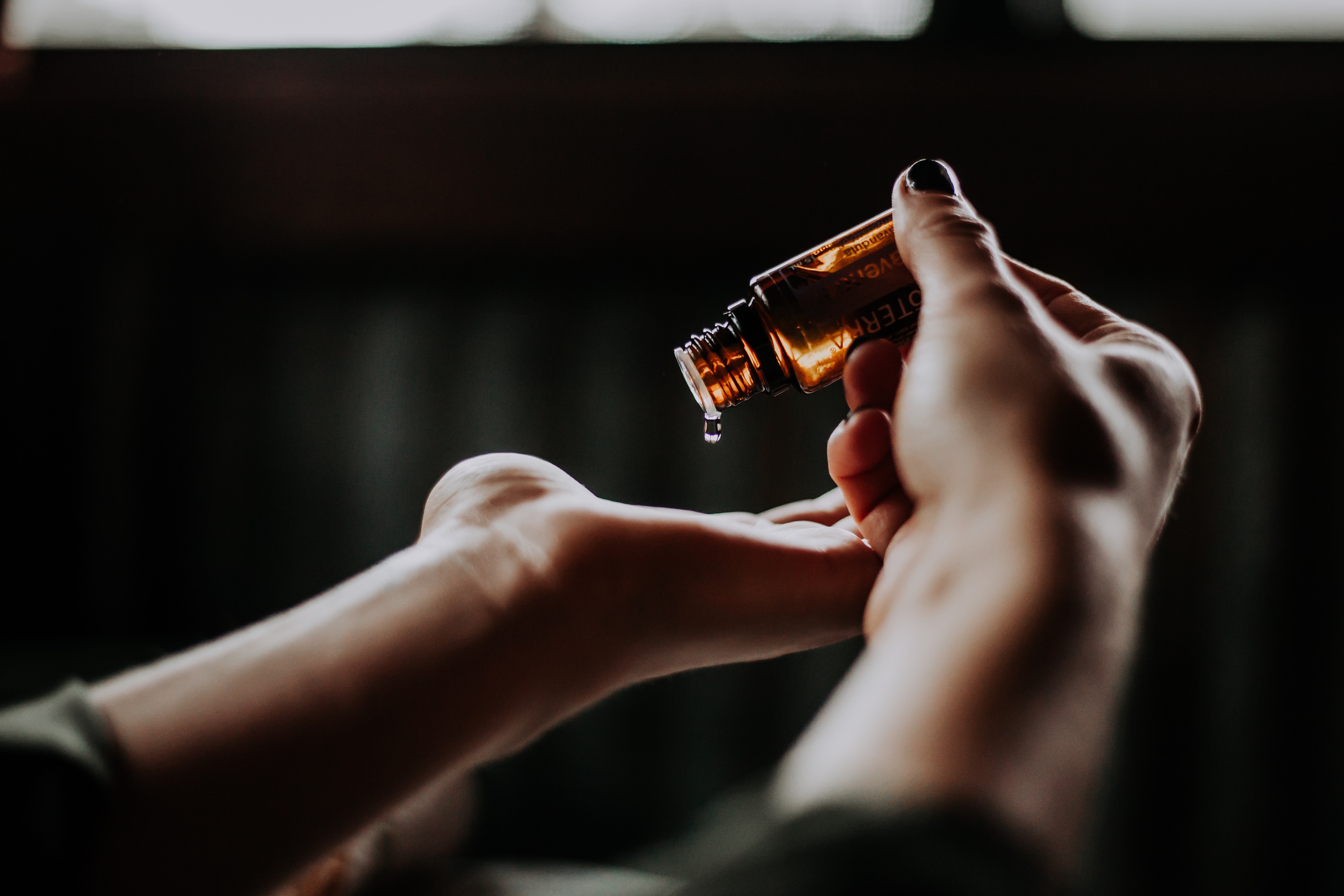
Here are a few blend recipe suggestions to get you started:
| Reduce Stress | Relieve Aching Joints | Diminish Headaches |
| Jasmine 2 drops | Lavender 1 drop | Lavender 3 drops |
| Sweet Orange 2 drops | Cypress 2 drops | Rosemary 2 drops |
| Clary Sage 1 drop | Rosemary 2 drops | Peppermint 1 drop |
Pro Tip- When using very strongly fragranced oils, it is best to add a drop of oil at a time to prevent it from overpowering your entire blend.
Contraindications for Aromatherapy Massage
Some or all essential oils may not be suitable if you have any of these medical conditions:
- Pregnancy
- Epilepsy
- High blood pressure
- Hypoglycaemia
- Kidney problems
- Recent surgery
- Deep vein thrombosis
- Taking blood thinners
- Asthma
- Heart conditions
- Hypertension
- Cancer
- Frequent allergic reactions
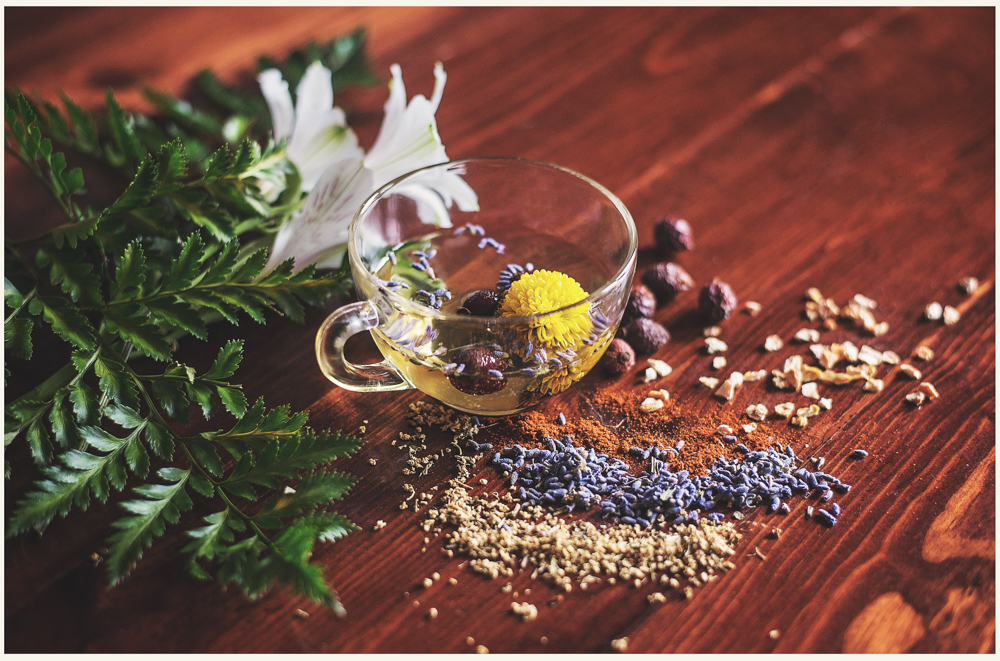
Things to remember
- Essential oils must always be diluted according to the instructions before applying to the skin or using for inhalation.
- Keep essential oils away from eyes and mucous membranes.
- Make sure to always dilute oils with a carrier before applying them to your skin.
- Never use essential oils on babies or children less than 5 years of age. Use caution when using them on children after five.
- High doses of some oils may cause non-lethal toxicity. These include Wintergreen, Sage, Aniseed, Thyme, Lemongrass, Fennel, Clove, Cinnamon, Camphor, and Cedarwood.
- These oils are more commonly associated with allergic reactions including Basil, Fennel, Lemongrass, Rosemary, and Verbena oils.
- The following oils should not be used before going out in the sun or under Tanning Machines: Angelica, Bergamot (Use a bergaptene free product) Citrus Oils: Orange, Grapefruit, Lemon, Lime, etc, Cumin, Verbena
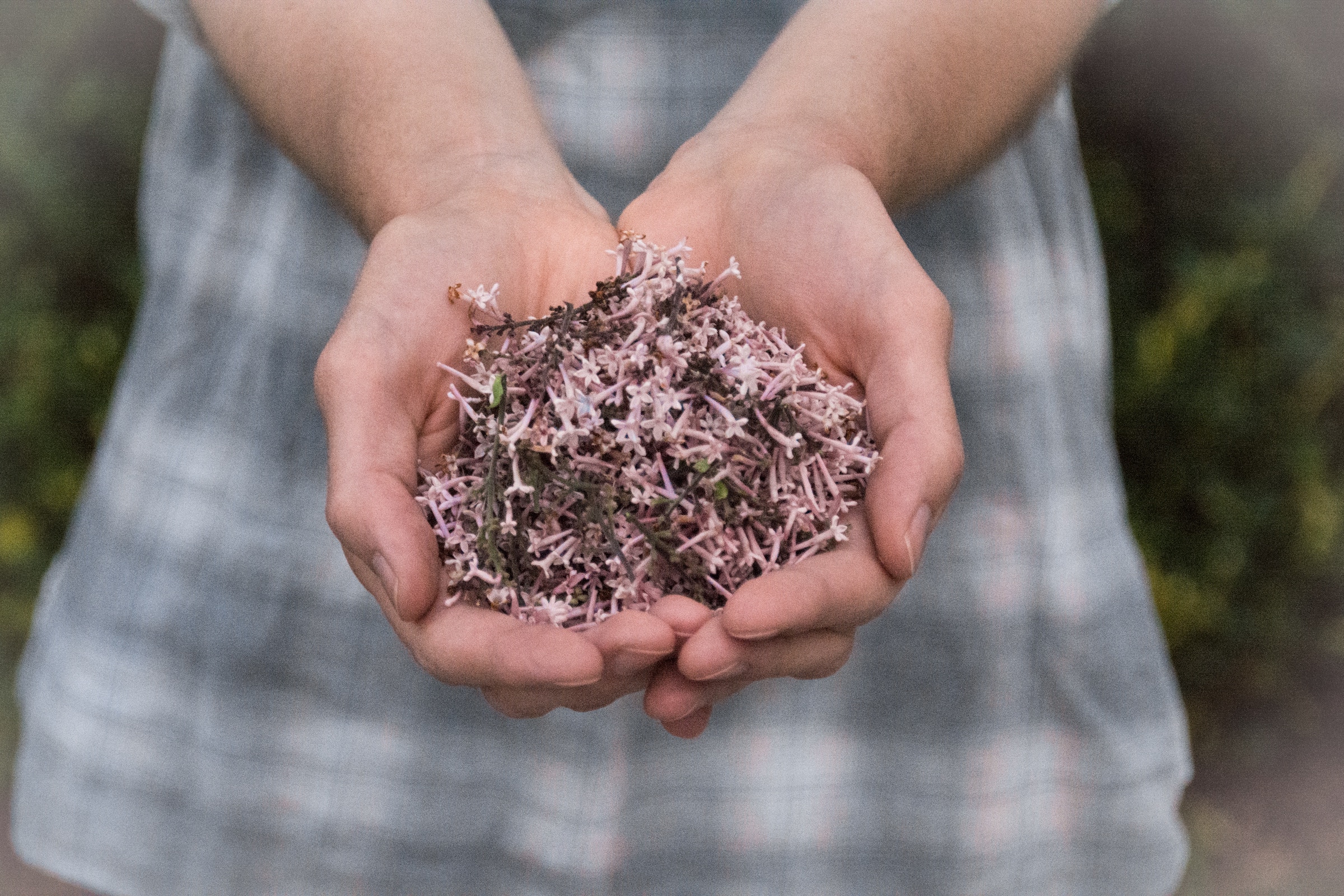
Perhaps one of the most important things you should know about essential oils is that not all essential oils are created equally. Some oils are diluted with chemicals that are not suitable to go on or in the body. When purchasing your oils, it’s best to make sure they are 100% pure and organic.
Aromatherapy massage helps to ease stress and anxiety and accelerate the healing and recovery process. Add some essential oils to your regular massage routine to take your massage to the next level!

